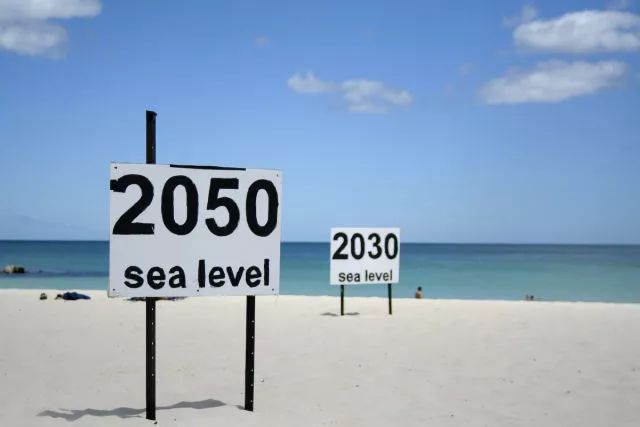No.11 Brownbag

Topic: Effects of Sea Level Rise on Economic Development and Regional Disparity in China
Speaker: Cui Qi, Lecturer and Postdoctoral Fellow at School of Advanced Agriculture Sciences, Peking University
Host: Zhou Yexin, Associate Professor of the School of Economics and Resource Management, Beijing Normal University
Time: 12:00-13:30, Dec. 5th 2017
Venue: Rm 1710, Hou-Zhu-Lou, Beijing Normal University
Introduction of Speaker
CUI Qi is a lecturer and a postdoctoral fellow at School of Advanced Agriculture Sciences in Peking University. He obtained his PhD degree at the Institute of Geography Scienceand Natural Resources Research in Chinese Academy of Sciences. His research field includes climate change, food security, food consumption, the Common Agricultural Policy Simulation Model (CAPSIM) and the Computable General Equilibrium Model (CGE). In recent years, he hosted and participated in seven projects supported by national research and development program, national natural science fund of China, or the national postdoctoral fund. He has been published nine papers at core journals, including China Economic Review (forthcoming), Natural Hazard, Chinese Agricultural Economic Review, and Journal of Integrative agriculture.
Abstract
Among the climate change-induced threats to coastal regions, sea level rise is considered as the most serious one. Most large and prosperous cities in China are located along coastal regions and are thus likely to suffer huge economic impacts when a sea level rise occurs. The effects on coastal regions can also be transmitted to inland regions through movement of labor and trade, thus affecting regional disparity. To strengthen evidence-based policies of abatement and adaptation, it is essential to assess the economic impacts of sea level rise in addition to the physical impacts already investigated in the literature. Based on data from GIS analysis of flooded areas, this study uses a state-of-the-art technique (TERM-China, a multiregional general equilibrium model of China) to evaluate the economic impacts of sea level rise. The simulation results suggest that if the sea level rise coincides with sudden-onset extreme storm surges, the coastal regions’ GDP loss would reach 11% in 2050, wherein Tianjin, Shanghai, and Jiangsu would have the most severe losses with over a 20% decline in their individual GDP in 2050. At the sectoral level, high capital-intensive sectors have more significant output losses. Our results also indicate that sea level rise could cause more unemployment in developed coastal regions, drive people to other developing inland regions, and even convert some mega-cities into middle-scale cities.
How to sign up?
The CIID Lunch Seminar provides lunch for all signed up participants. Regulations are as follows:
1. To sign up, scan the QR code below and follow the CIID official account. Leave a message as “No.20 LS-(Name)-(Department)” in our public platform. You will receive a Chinese reply “报名成功”if you are successfully signed up.

2. If you’ve already signed up but could NOT attend, please leave a massage as “Cancel-(Name)-(Department)” to avoid food waste.
3. The deadline for sign-up and cancelation is 3 hours before the seminar (9:00 a.m.).
4. Lunch will start 15 minutes before the seminar and will be provided according to the sign-up list.

China Institute of Innovation and Development, BNU
Edit | Wang Pengyuan

